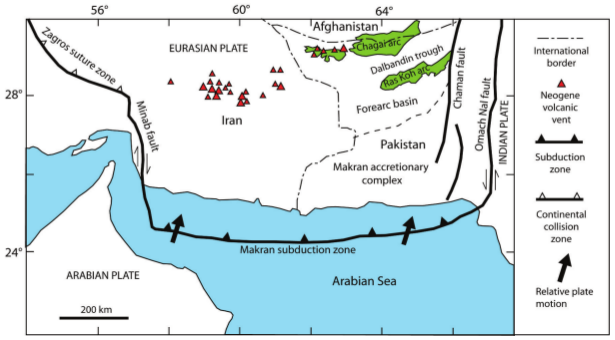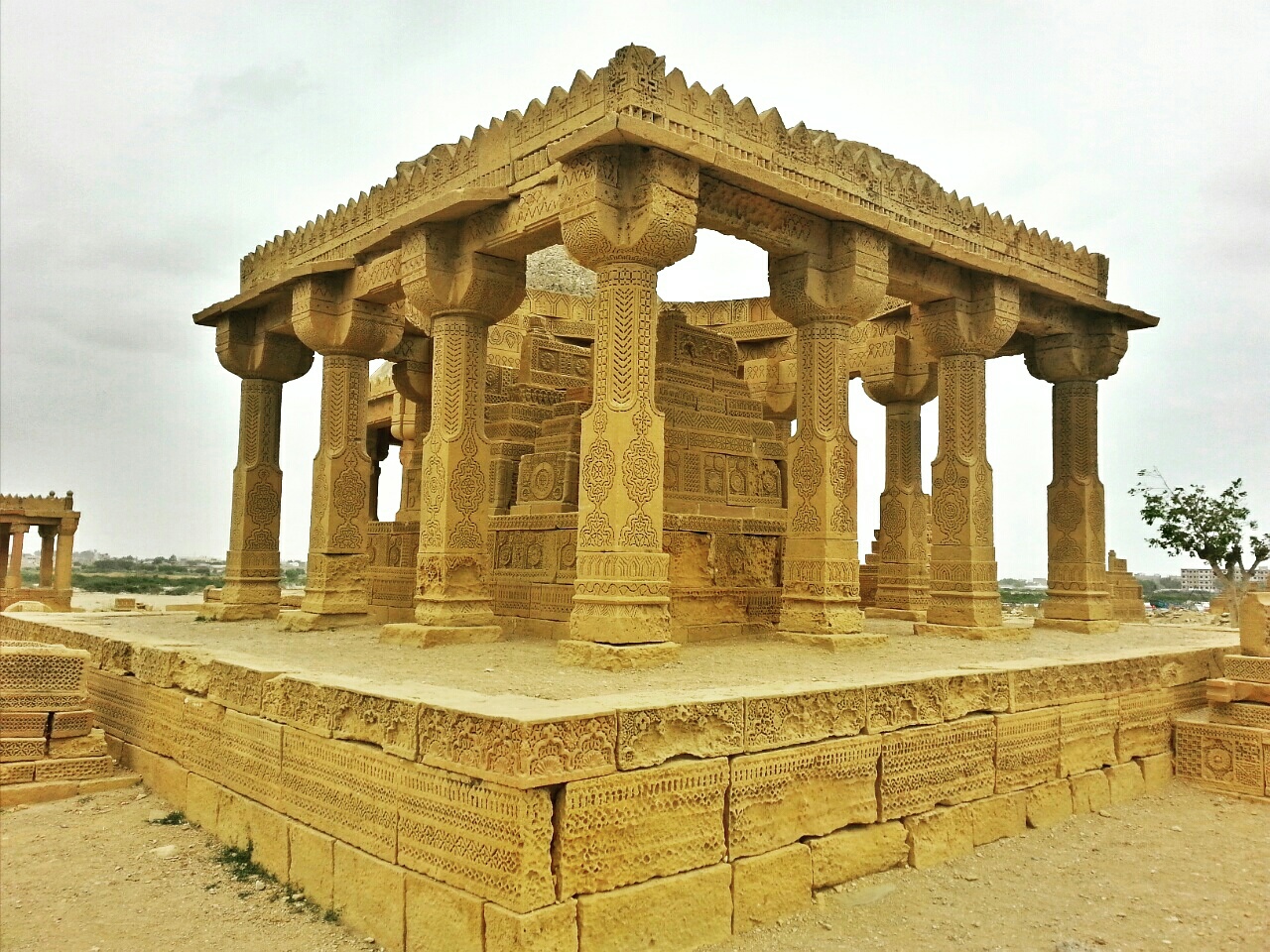|
Pasni (city)
Pasni ( ur, ), is a city and a fishing port in Gwadar District, Balochistan, Pakistan. It is located on the Makran coast on Arabian Sea about from Karachi. Administratively, Pasni is the headquarters of Pasni Tehsil, the sub-division of Gwadar District. Astola Island lies ESE of Pasni, in the Arabian Sea. The city of Pasni is itself administratively subdivided into two Union Councils. Topography The topography of the area is marked by low jagged hills of the Makran Coastal Range, while flat land is more common towards the coast. Jabal Zarain is a small hill astride a promontory (Cape or ''Ras'' Jaddi) south of Pasni and marks the highest point (416' ASL) in the area. The unspoilt and pristine beaches of Pasni offer some of the most enchanting sceneries along the Arabian Sea. Shadi Kaur (river) fed by adjoining rain water streams, drains into the Arabian Sea just north of the town. Vegetation is sparse and consists mostly of hardy desert shrubs. Most of the non-marine edib ... [...More Info...] [...Related Items...] OR: [Wikipedia] [Google] [Baidu] |
Country
A country is a distinct part of the world, such as a state, nation, or other political entity. It may be a sovereign state or make up one part of a larger state. For example, the country of Japan is an independent, sovereign state, while the country of Wales is a component of a multi-part sovereign state, the United Kingdom. A country may be a historically sovereign area (such as Korea), a currently sovereign territory with a unified government (such as Senegal), or a non-sovereign geographic region associated with certain distinct political, ethnic, or cultural characteristics (such as the Basque Country). The definition and usage of the word "country" is flexible and has changed over time. ''The Economist'' wrote in 2010 that "any attempt to find a clear definition of a country soon runs into a thicket of exceptions and anomalies." Most sovereign states, but not all countries, are members of the United Nations. The largest country by area is Russia, while the smalle ... [...More Info...] [...Related Items...] OR: [Wikipedia] [Google] [Baidu] |
Makran Trench
The Makran Trench is the physiographic expression of a subduction zone along the northeastern margin of the Gulf of Oman adjacent to the southwestern coast of Balochistan of Pakistan and the southeastern coast of Iran. In this region the oceanic crust of the Arabian Plate is being subducted beneath the continental crust of the Eurasian Plate. Tectonics In the Makran region, the Arabian Plate subducts beneath the Eurasian Plate at ~2-4cm/yr. This subduction is associated with an accretionary wedge of sediments which has developed since the Cenozoic. To the west, the Makran Trench is connected by the Minab Fault system to the Zagros fold and thrust belt. To the east, the Makran Trench is bounded by the transpressional strike-slip Ornach-Nal and Chaman Faults, which connect to the Himalayan orogeny. The Makran Subduction Zone is often split into two segments: the east and west. The Sonne fault divides the two. Though largely much quieter than many other subduction zones, st ... [...More Info...] [...Related Items...] OR: [Wikipedia] [Google] [Baidu] |
Barr (tribe)
The Baloch or Baluch ( bal, بلۏچ, Balòc) are an Iranian people who live mainly in the Balochistan region, located at the southeasternmost edge of the Iranian plateau, encompassing the countries of Pakistan, Iran, and Afghanistan. There are also Baloch diaspora communities in neighbouring regions, including in India, Turkmenistan, and the Arabian Peninsula. The Baloch people mainly speak Balochi, a Northwestern Iranian language, despite their contrasting location on the southeastern side of the Persosphere. The majority of Baloch reside within Pakistan. About 50% of the total ethnic Baloch population live in the Pakistani province of Balochistan, while 40% are settled in Sindh and a significant albeit smaller number reside in Pakistani Punjab. They make up nearly 3.6% of Pakistan's total population, and around 2% of the populations of both Iran and Afghanistan. Etymology The exact origin of the word 'Baloch' is unclear. * Rawlinson (1873) believed that it is derived ... [...More Info...] [...Related Items...] OR: [Wikipedia] [Google] [Baidu] |
Kalmati
Kalmati or Qarmati, Qarmatian, Karmati, Kalmat is a Baloch clan settled in the Balochistan and Sindh provinces of Pakistan. They are part of the Hoth (Baloch Tribe) Hoth Tribe, claiming descent from King Hoth, a son of Jalal Khan. When the Hoths were ruling Kech Makran, a few members of the tribe settled in Kalmat, near the port of Pasni, in the coastal area of Balochistan. In the 12th century, the Kalmati had spread from Tehs Bandar in the western part of Balochistan to Shah Bandar in Sindh. Today, the Kalmati tribes live throughout the districts and towns of Balochistan and Sindh. Kalmatis mostly work in cultivation and business. The famous graveyard called Chaukhandi tombs in Karachi, is associated with this tribe. History The Soviet historic M. Pikulin in his book says: Kalmati (karmats) is a tribe of names in the oldest legends. The researchers note that this tribe is characterized by a large admixture of Indo-Iranian elements in all likelihood, the Baluchi-Qarmat ... [...More Info...] [...Related Items...] OR: [Wikipedia] [Google] [Baidu] |
Baloch People
The Baloch or Baluch ( bal, بلۏچ, Balòc) are an Iranian people who live mainly in the Balochistan region, located at the southeasternmost edge of the Iranian plateau, encompassing the countries of Pakistan, Iran, and Afghanistan. There are also Baloch diaspora communities in neighbouring regions, including in India, Turkmenistan, and the Arabian Peninsula. The Baloch people mainly speak Balochi, a Northwestern Iranian language, despite their contrasting location on the southeastern side of the Persosphere. The majority of Baloch reside within Pakistan. About 50% of the total ethnic Baloch population live in the Pakistani province of Balochistan, while 40% are settled in Sindh and a significant albeit smaller number reside in Pakistani Punjab. They make up nearly 3.6% of Pakistan's total population, and around 2% of the populations of both Iran and Afghanistan. Etymology The exact origin of the word 'Baloch' is unclear. * Rawlinson (1873) believed that it is de ... [...More Info...] [...Related Items...] OR: [Wikipedia] [Google] [Baidu] |
Pasni City
Pasni ( ur, ), is a city and a fishing port in Gwadar District, Balochistan, Pakistan. It is located on the Makran coast on Arabian Sea about from Karachi. Administratively, Pasni is the headquarters of Pasni Tehsil, the sub-division of Gwadar District. Astola Island lies ESE of Pasni, in the Arabian Sea. The city of Pasni is itself administratively subdivided into two Union Councils. Topography The topography of the area is marked by low jagged hills of the Makran Coastal Range, while flat land is more common towards the coast. Jabal Zarain is a small hill astride a promontory (Cape or ''Ras'' Jaddi) south of Pasni and marks the highest point (416' ASL) in the area. The unspoilt and pristine beaches of Pasni offer some of the most enchanting sceneries along the Arabian Sea. Shadi Kaur (river) fed by adjoining rain water streams, drains into the Arabian Sea just north of the town. Vegetation is sparse and consists mostly of hardy desert shrubs. Most of the non-marine edibl ... [...More Info...] [...Related Items...] OR: [Wikipedia] [Google] [Baidu] |
1945 Balochistan Earthquake
The 1945 Balochistan earthquake ( ur, ) occurred in British India at 1:26 PKT on 28 November 1945 with a moment magnitude of 8.1 and a maximum perceived intensity of X (''Extreme'') on the Mercalli intensity scale. Earthquake The earthquake's epicenter was 97.6 kilometers south-southwest of Pasni in Balochistan and a tsunami caused damage along the Makran coastal region. Deaths from the event were reported to be at least 300 and as many as 4,000 people. Another very large earthquake (7.3 ) occurred in nearly the same location on August 5, 1947, but not much is known about the event or its effects. See also * List of earthquakes in 1945 * List of earthquakes in Pakistan References Sources * Further reading * External linksEarthquake and Tsunami of 28 November 1945 in Southern Pakistan– George Pararas-CarayannisSearch for Eyewitness Accounts and Historical Documents on 1945 Makran Tsunami– UNESCO * {{Earthquakes in Pakistan 1945 Balochistan 1945 Balochistan Hi ... [...More Info...] [...Related Items...] OR: [Wikipedia] [Google] [Baidu] |



